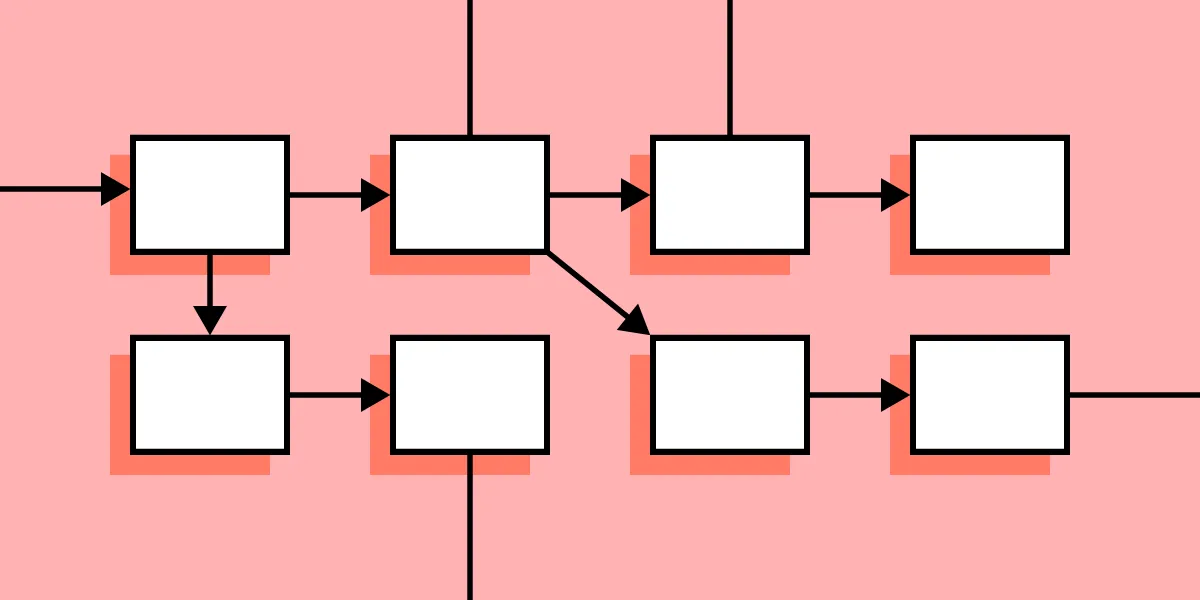Creativity is often shrouded in mystique, perceived as an abstract, innate talent that only a few possess. However, after a decade of studying how creatives operate, I’ve realized that creativity is fundamentally about hard work. This blog post aims to demystify creativity and provide actionable insights on how you can become more creative by focusing on effort and problem-solving.
1. Creativity as Effort
Contrary to popular belief, creativity isn’t a magical trait bestowed upon a lucky few. Instead, it’s a form of effort that arises when you’re trying to solve a problem. Whether it’s writing a poem, composing a song, or designing a website, creativity is what happens when you engage deeply with a project. It’s the product of sustained effort and persistence.
2. The Hard Work of Creative Heroes
The biggest difference between you and creative legends like Picasso or Einstein isn’t a mysterious creative genius. It’s their work ethic. These individuals spent countless hours honing their craft, working on their projects, and learning from others. Picasso didn’t become a master by chance; he spent more time in front of a canvas than most people can imagine. Similarly, Einstein’s breakthroughs came from relentless study and experimentation.
3. Pick a Problem You Care About
Want to boost your creativity? Start by picking a problem you care about. Passion fuels creativity. When you care deeply about something, you’re more likely to put in the necessary effort to solve problems creatively. If you find yourself struggling with creativity, it might be a sign of apathy rather than a lack of creative potential.
4. The Myth of the Flash of Insight
While flashes of insight are often celebrated in stories about creative geniuses, these moments of brilliance typically occur amidst intense work. Great ideas often emerge after numerous sketches, drafts, or attempts. For example, Thomas Edison famously said, “Genius is one percent inspiration and ninety-nine percent perspiration.” His numerous trials and errors led to the invention of the lightbulb.
5. Embrace the Process of Iteration

One common trait among creatives is their willingness to iterate. They understand that the first attempt is rarely perfect. By continually refining their work, they move closer to their desired outcome. For instance, writers often go through several drafts before finalizing their work. Each iteration brings them closer to their creative vision.
6. Learn from Other Creatives
Studying how other creatives approach their work can provide valuable insights. Observing their techniques, processes, and problem-solving methods can inspire you to try new approaches. Resources like CreativeLive offer courses from various experts, allowing you to learn directly from successful creatives in different fields.
7. Overcoming Apathy
If you find yourself uninterested or apathetic, it’s crucial to address this first. Lack of interest can stifle creativity. Explore different fields and activities until you find something that sparks your passion. Once you care deeply about a problem or project, you’ll naturally become more engaged and creative.
8. The Role of Discipline
Discipline is a key component of creativity. Setting aside regular time to work on your projects, even when you don’t feel inspired, can lead to significant breakthroughs. Treat your creative pursuits like a job, with dedicated hours and clear goals. Over time, this disciplined approach will yield creative results.
9. Practical Steps to Enhance Creativity
- Set Goals: Define what you want to achieve with your creative projects.
- Create a Routine: Dedicate specific times each day to work on your creativity.
- Seek Feedback: Share your work with others and be open to constructive criticism.
- Stay Curious: Continuously learn and explore new ideas and techniques.
10. Celebrate Progress, Not Perfection
Finally, celebrate your progress rather than striving for perfection. Every small step you take brings you closer to your creative goals. Acknowledge your efforts and improvements, and use them as motivation to keep going.





